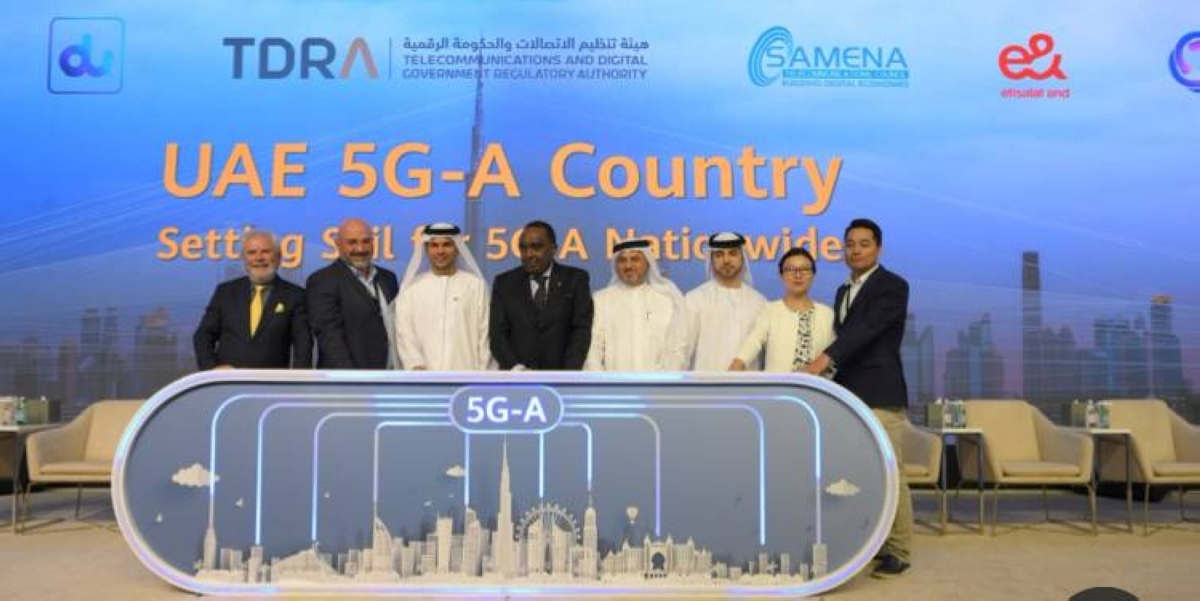
OPEC-backed internship aims to build a cadre of young Arab energy professionals
Six interns have begun work at the Cairo regional headquarters of the RCREEE
DUBAI: “Energy is the backbone of life and economy. With the depletion of energy sources, the best way to preserve it is to rely upon sustainability.”
The words of Nour Khadra, a a young Syrian, arguably sum up the worldview of a generation that does not believe fossil fuels should be the be-all and end-all of the Middle East and North Africa (MENA) region.
She is one of six interns who recently began work at the Cairo regional headquarters of the Regional Center for Renewable Energy and Energy Efficiency (RCREEE) as part of the Arab Program for Sustainable Energy Youth (APSEY).
APSEY is managed by RCREEE with the support of the OPEC Fund for International Development (OFID). Launched in 2013, APSEY seeks to boost the technical and operational capacities of the region’s young talents.
The latest batch is composed of engineers from Egypt, Djibouti, Yemen, Jordan, Syria and Lebanon who are interested in renewable energy and energy efficiency.
“The APSEY internship is the only program in the region which aims to boost technical and operational capacities of the region’s young in the sustainable energy field,” said Khadra, adding that she has gained knowledge about national and regional plans, and also energy-efficiency policies adopted by some countries.
“I can use this information to implement similar plans that are appropriate and customized for my country, Syria,” she said. “I want to develop my knowledge and skills in the field of sustainable energy, including policies and regulations, research and statistics, and work closely with technical experts and learn from their experience.
“Our region contains a large part of the traditional energy sources, which will be depleted one day if the concept of sustainable energy is not applied, while depending on suitable energy sources will have a positive environmental impact on the region.”
Khadra’s views were echoed by Sarah Al-Akbari from Yemen. She said what piqued her interest in the field of renewable and sustainable energy was its relevance and potential.
“I believe that initiation of dialogues, policies and strategies is crucial for the advancement towards a prosperous sustainable growth,” she said. “APSEY aims to develop and build on existing knowledge and skills which, in turn, helps to enrich the experience and benefit gained through this program.”
To date, APSEY has in course of 12 rounds of internships welcomed a total of 65 individuals from Algeria, Bahrain, Djibouti, Egypt, Iraq, Jordan, Lebanon, Libya and Mauritania, as well as Morocco, Palestine, Somalia, Sudan, Syria, Tunisia and Yemen.
“I have had the opportunity to work on RCREEE’s flagship program, the Active Turbine Management Project (ATMP), whose function is to optimize the operation time of wind turbines, while ensuring safety and mitigating risk for migratory soaring birds,” Al-Akbari told Arab News.
“This program was useful for putting my academic and technical skills to use, and also for acquiring knowledge of the renewable energy sector.”
She said she was able to acquire hands-on experience in such activities as report writing, creative problem solving and negotiation techniques.
“In this dynamic environment, I am able to surround myself with and benefit from various specialists and experts in the field, as well as expand my network,” Al-Akbari said. “RCREEE is recognized for its active role in renewable and sustainable energy and its prominent international initiatives.
“I’m confident that my time there as an APSEY intern will help hone my communication and technical skills as well as widen my network.”
Al-Akbari believes renewable and sustainable energy will provide permanent solutions to current and future challenges, with developing countries standing to benefit most.
“Today millions are suffering from a lack of electrification,” she said. “Green energy investments will have a positive impact on the region and assist in its economic revival.”
Ehab Al-Amleh, from Jordan, chose APSEY for its environment, which he said encourages knowledge sharing between young professionals and experts.
“I spent almost two months in RCREEE, which allowed me to upgrade my skills. I am constantly learning about the region’s energy situation and its main challenges and opportunities,” he said.
“I am mainly involved in research and analysis under the private investment promotion unit. I see myself as an active learner in terms of time management and coordination.”
Al-Amleh sees plenty of scope for the expansion of sustainable-energy opportunities in a region in pursuit of energy security. “As a young professional, I have a great passion to be part of this sector because youth are the leaders of tomorrow,” he said. “As a junior intern, I know that I still have much to learn, but APSEY has made me believe there is also a lot for me to do and achieve. This, in my opinion, is the uniqueness of the program.”
Souliman Idriss, originally from Djibouti, thinks APSEY will help to ensure a clean and green future for the region. “Time has shown us that the use of fossil fuels is a threat, not only to human health and quality of life, but also to the ecosystem,” he told Arab News.
“Sustainable energy offers us the means to address all of this, but also to reduce poverty, reinforce social equity and promote economic growth and environmental protection.”
Idriss described the six-month internship as an opportunity to move forward in the fields of renewable energy and energy efficiency in order to participate in the actions undertaken by RCREEE.
“So far, I have learned how to manage and plan a project, using the tools required to carry out a feasibility study such as data relevant to the development of the strategic framework for MENA countries and their current energy situations,” he said.
“I am also learning more about energy efficiency, major international donors and investors. I am becoming more familiar with the Global Atlas for Djibouti, in addition to various projects that RCREEE is working on.”
After completing his internship, Idriss’ hope is to carry out a feasibility study for energy projects, manage a project, and draft proposals to support financing of projects in Djibouti and other countries.
“Through my in-depth research on international and national donors, I want to become familiar with the different procurement and tendering procedures,” he said.
“The concentration of greenhouse gas has increased by 30 percent in a century, which contributes enormously to climate change, causing drought, fires, famine and the melting of ice. Sustainable energy is important for our future and our children’s future, because future generations will not have another planet at their disposal.”
Idriss said regional policymakers should rely on sustainable energy to prepare for that future. “All the measures must be taken to preserve the environment through the development of renewable energies and controlling the use of current resources,” he said.
“All the countries of the region ought to raise awareness about better use of energy and the need for sustainable-energy strategies with socio-economic and environmental objectives.
“Even though a large percentage of the world’s known reserves are in the Middle East, stocks of fossil fuel are limited, not inexhaustible.”
Besides introducing the interns to the wonders of energy technology and management, APSEY acts as a bridge between industry and academia in the Arab world. “APSEY is not a regular internship program where interns are provided with training materials and sessions,” said Noha Gamal, APSEY program manager and RCREEE operations and member states relations director.
“Instead, RCREEE immerses more than 12 interns annually, on two rounds, in its ongoing projects to gain hands-on experience in various fields like research, analysis, policy design, business development and private business promotion.”
As part of a problem-solving exercise, two Yemeni interns came up with a plan for the revival of their country’s electricity sector. It aimed at proposing options for financial intervention in promoting sustainability and growth of decentralized solar energy in different sectors in Yemen against a background of conflict.
The APSEY program is considered, among other things, a community of Arab energy professionals exchanging experiences, knowledge, best practices and culture.
Graduates usually go on to occupy prominent positions in renewable energy and energy efficiency in the MENA region or back home.
“We strongly believe that the future lies in the hands of the region’s youth,” said Dr Ahmed Badr, RCREEE executive director.
“APSEY has enabled RCREEE to equip this generation with the necessary skills, knowledge and expertise to expand the renewable energy and energy efficiency markets, and secure affordable energy sources for their communities.
“This will eventually result in increasing the region’s energy supply, reducing its reliance on fossil fuels, creating more jobs and fulfilling its commitment to combating climate change.”












